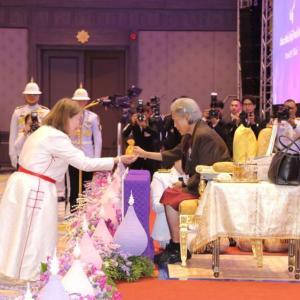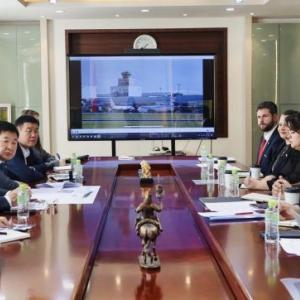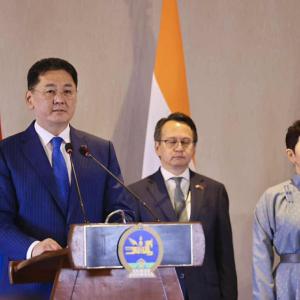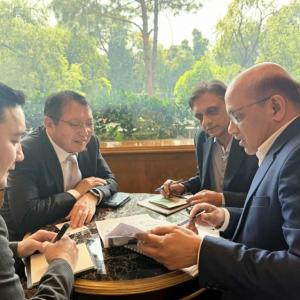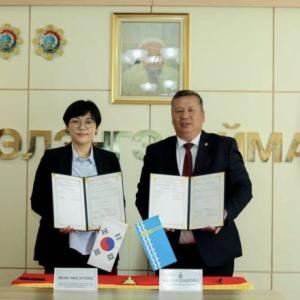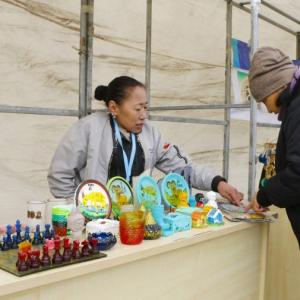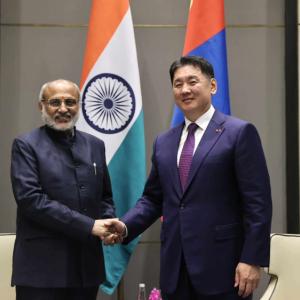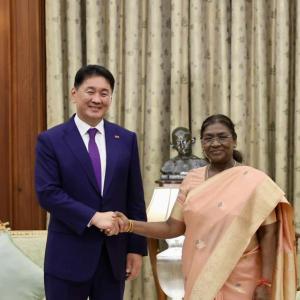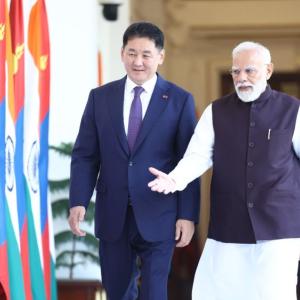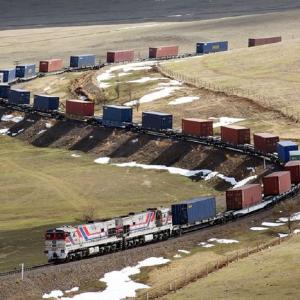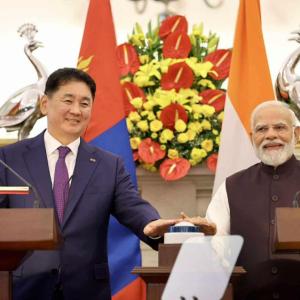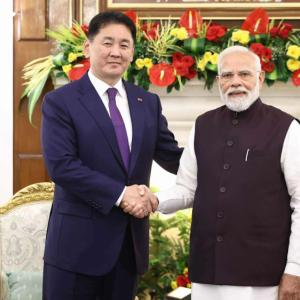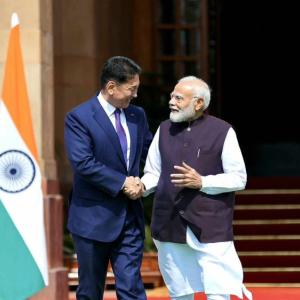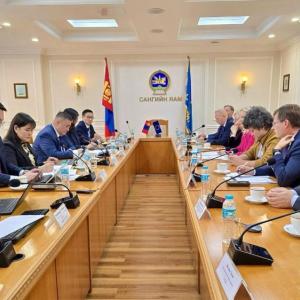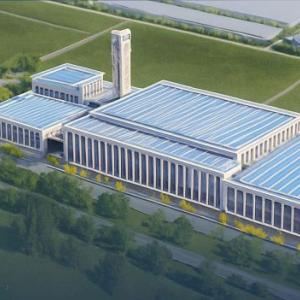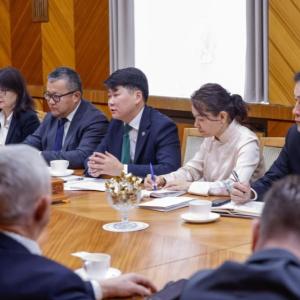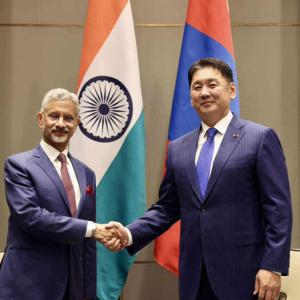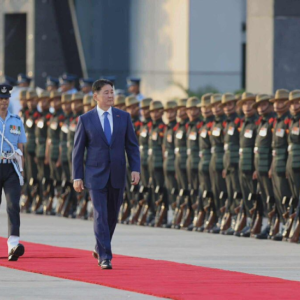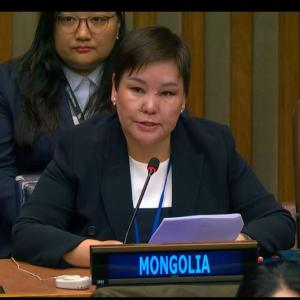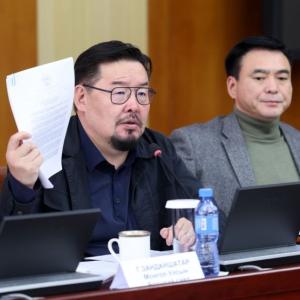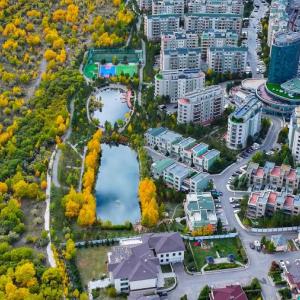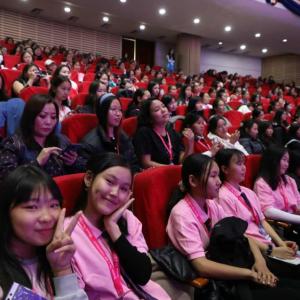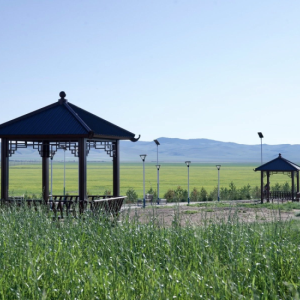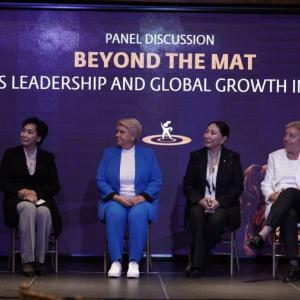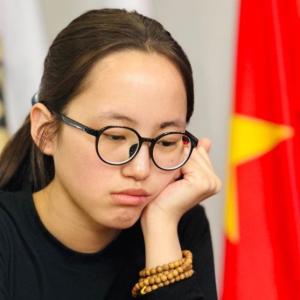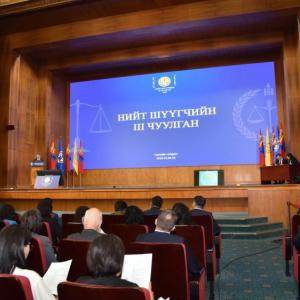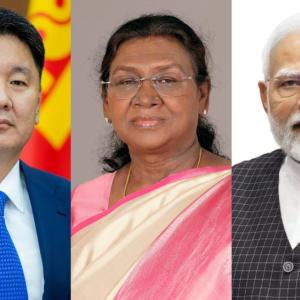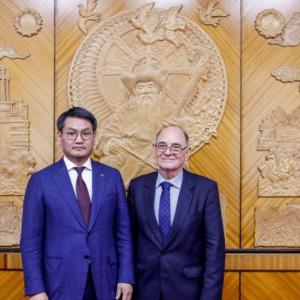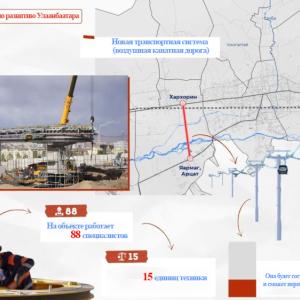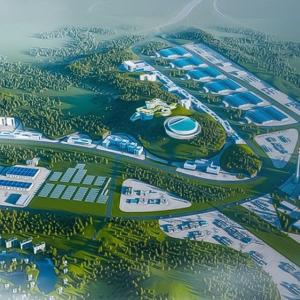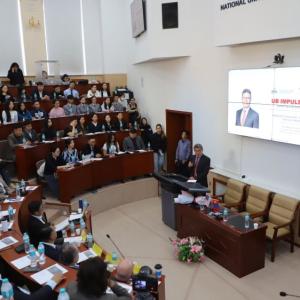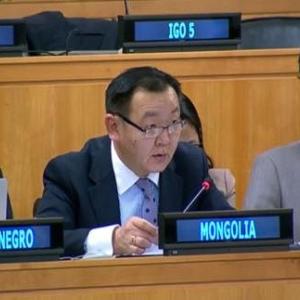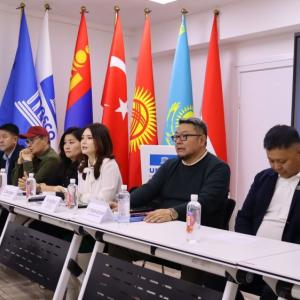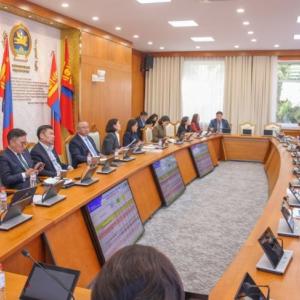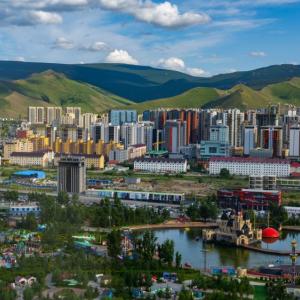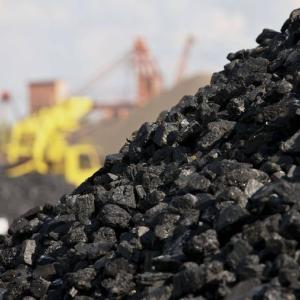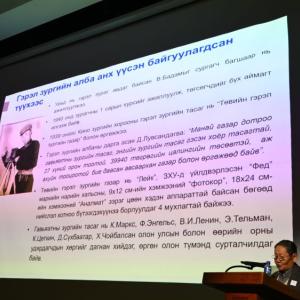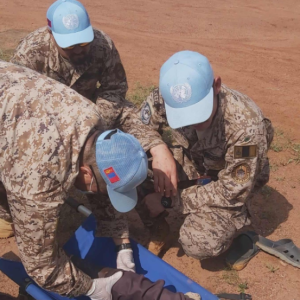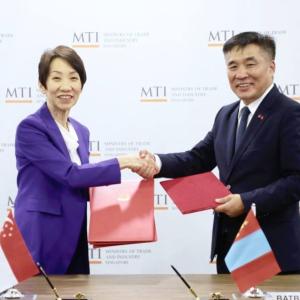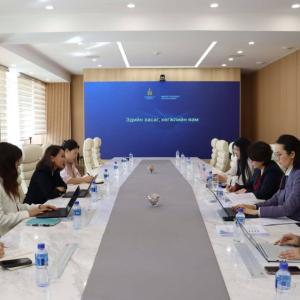World Bank Supports Mongolia’s Reforms with USD120 Million Financing
Economy
The Mongolia Economic Management Support Operation First Development Policy Financing (DPF) comes at a critical juncture and aligns with the country’s moves towards strong policy adjustment.
“This program endorses many of the measures that the government has taken to put Mongolia’s economy on a healthier path. Policy reforms in priority areas will help fiscal adjustment, strengthen the social protection system, and improve the competitiveness of the economy. Together with the long-term and affordable financing from the program, the reforms will help stabilize government debt, while strengthening the social safety net,” said James Anderson, World Bank Country Manager for Mongolia.
Although Mongolia’s legal system includes controls over fiscal deficits, these controls were largely circumvented in the past several years through off-budget expenditures. By consolidating off-budget and quasi-fiscal expenditures, spending priorities will be debated during budget negotiations. Reducing capital expenditure – the largest source of spending increase in 2016 – is also a priority target. Measures to boost revenues include a more progressive personal income tax system that will reduce taxes for lower income groups, as well as increases in excise taxes on alcohol and tobacco, supporting both health and revenue objectives. Other reforms to expand the tax base will follow in the coming years.
The program also endorses the government’s efforts to rebalance the social welfare system in favor of the poor, notably by strengthening the Food Stamp Program and laying the foundation for a poverty-targeted benefit. Mongolia experienced a sharp increase in poverty between 2014 and 2016, a reminder of the need for a robust system of protecting the poorest during economic downturns. The program includes reforms aimed at making the pension system sustainable.
Strengthening the investment climate will help Mongolia to unlock its long-term potential and reduce its reliance on commodity exports. Important reforms in this area include strengthening investor protection, streamlining permit requirements, strengthening animal health management to promote livestock production and exports, and improving the trade environment.
Development Policy Financing operations endorse certain policy actions undertaken by the government and lay out a program of reforms for the next several years, while also providing low cost financing for the government’s budget. Policy reforms are expected to promote specific development outcomes that contribute to poverty reduction. The DPF approved today complements World Bank investment and technical assistance projects in areas such as development of non-mineral exports, employment support, energy, education, ICT development, and central and local governance
source: The World Bank
 Ulaanbaatar
Ulaanbaatar






